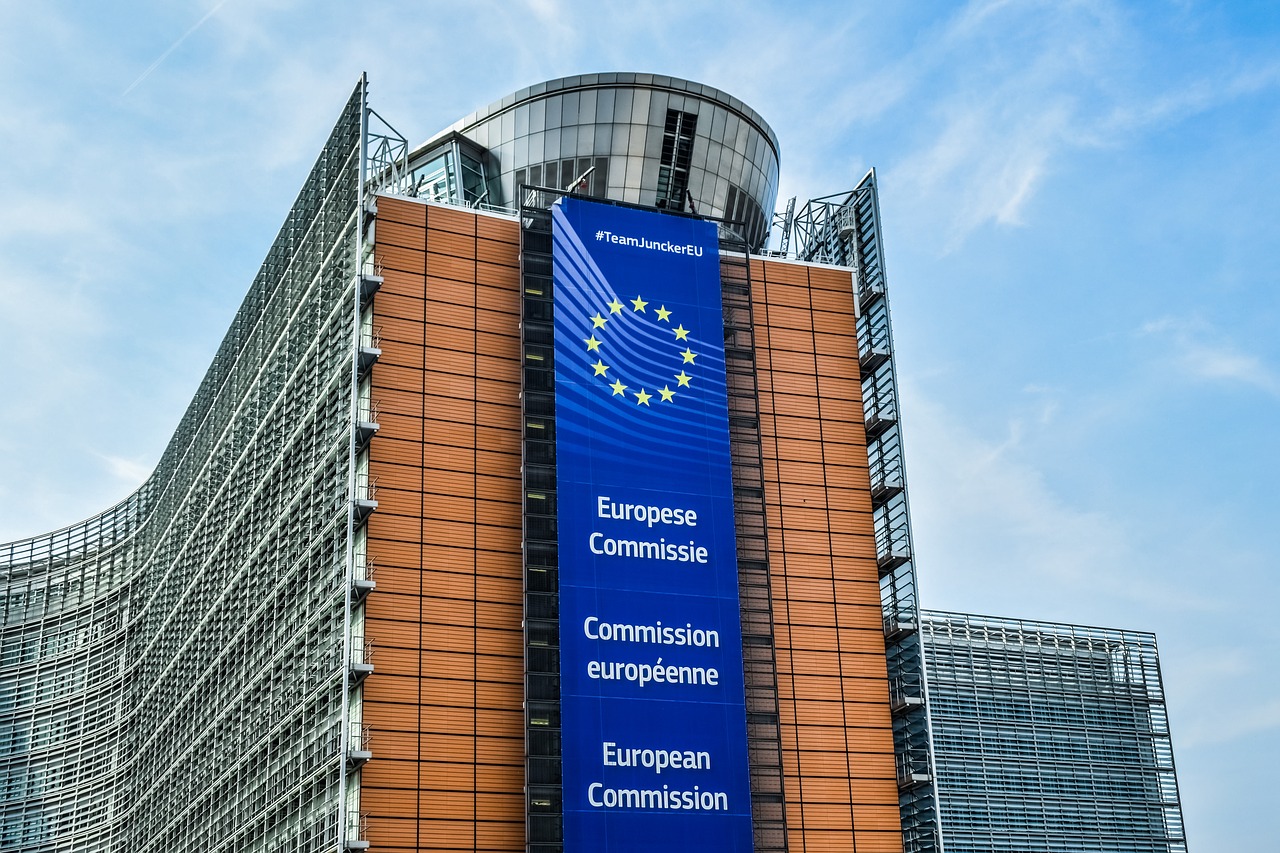The European Commission proposed Friday to amend its EU Single Market legislation to ensure the continued flow of medicines between Britain and Northern Ireland. The Commission has made this proposal to facilitate the implementation of the Protocol on Ireland/Northern Ireland on the ground. The Protocol is part of the Brexit divorce agreement to ensure a free-flowing border between Northern Ireland and the Republic of Ireland, which continues to be a part of the EU.
Northern Ireland receives most of its medicines from suppliers in Britain. Under the Protocol, while the EU’s customs code would no longer cover the UK, Northern Ireland remains covered by the EU’s pharmaceutical regulations. This means that all medicines entering Northern Ireland from Britain would be subject to the EU’s customs on pharmaceutical regulations. The Commission’s proposal to amend its legislation will allow the movement of medicines from Britain to Northern Ireland without the restrictions that would have been applicable under the terms of the original Protocol.
One of the main restrictions of the original legislation was that, after the expiry of a grace period, British drug manufacturers would have had to move their testing facilities and regulatory compliance to the EU or Northern Ireland. The proposed amendment will allow for the authorization of generic medicines under national UK procedure, subject to compliance with the EU’s drug standard. People in Northern Ireland will access both generic and innovative life-saving medicines simultaneously as others in the United Kingdom.
The Commission has also proposed a ‘bridging solution’ that will conditionally permit any new medication authorized in the UK to be supplied in Northern Ireland until it receives EU authorization. Drug operators currently located in the UK can remain there. Batch testing in Northern Ireland will not be required if it has already occurred in the EU or the UK. Separate manufacturing and authorization or import licenses will not be needed for supply from Britain to Northern Ireland, subject to certain conditions.
These legislative proposals are welcome after months of complex and often fruitless negotiations between the UK and the EU concerning the implications of Brexit on Northern Ireland. The proposed legislation will have to be approved by the European Parliament and the European Council before entering into operation. Meanwhile, the Commission’s interpretative note to ensure the continued supply of medicines to Northern Ireland along with Malta, Cyrpus and Ireland is expected to continue until the end of 2022.


